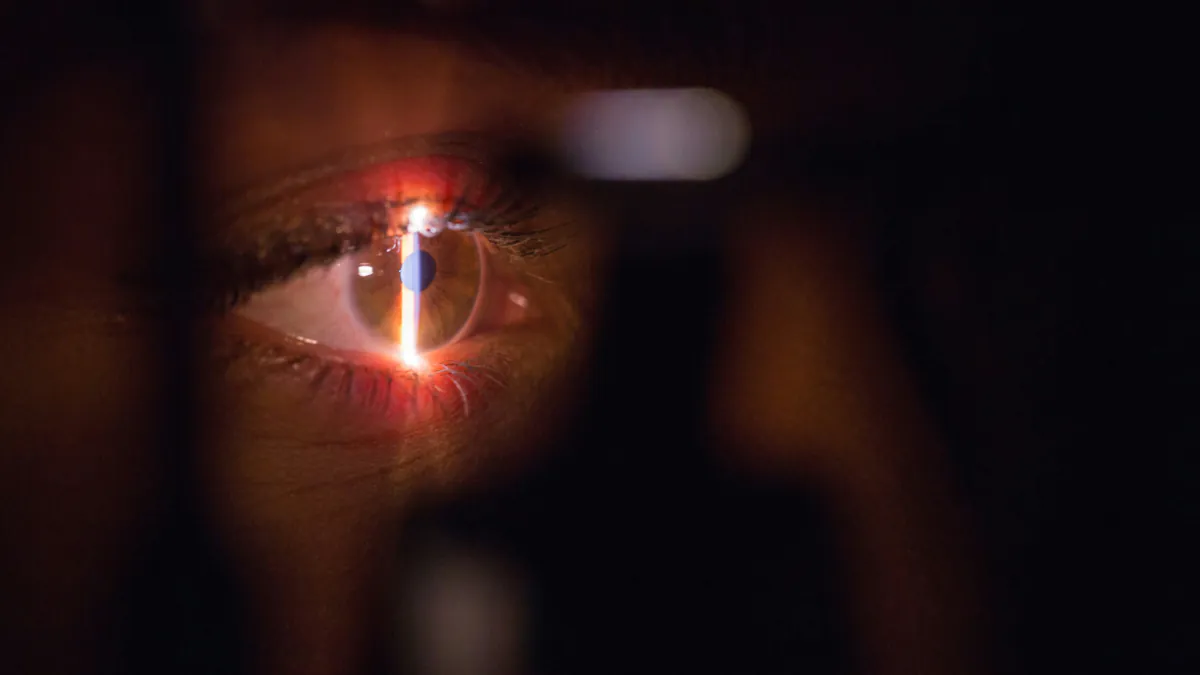The Friday Five series is back after the summer break, and we’re kicking things off with an array of spinouts that just so happen to all be operating within the life sciences space.
From a possible treatment for a kidney disease that currently has no cure to spectroscopy that fits on a chip the size of a needle point to a platform that can extract information from handwritten lab notebooks, read on to find out more about five spinouts that are changing our world for the better.
Interested in having your spinout in the Friday Five series? Email us!
Agate Sensors puts spectroscopy on a tiny chip
Agate Sensors is a spinout from Finland’s Aalto University that’s commercialising a spectral sensing technology that fits on a chip smaller than a needle point – and could therefore be deployed in applications ranging from healthcare to defence to industrial to consumer electronics.
The technology is based on over a decade of research by Prof Zhipei Sun’s Photonics Group in the Department of Electronics and Nanoengineering. It combines photography, biosensing and hyperspectral imaging, enabling devices to analyse chemical compositions of materials in real time.
Agate Sensors raised €4 million in seed financing led by Voima Ventures (a venture capital firm that evolved out of the VTT Technical Research Centre’s VTT Ventures) and LIFTT (a venture capital firm with links to the Politecnico di Torino). Business Finland topped up the round with €1.6 million worth of grants.
The spinout looks to launch initial chip production by the end of this year, moving into proof-of-concept demos next year. Agate expects to launch its first commercial smart wearable in late 2027.
Detechgene brings lab testing into the field
Spun out of the University Hospital Cologne’s Kidney Research Centre (Nephrolab), Detechgene is working on a pocket-sized molecular diagnostic platform capable of detecting pathogens, including bacteria, viruses, and fungi, within twenty minutes from saliva, stool, blood or urine samples.
The spinout’s technology uses an isothermal amplification process to deliver the precision of PCR testing with the ease of rapid antigen tests.
Neoteq Ventures, NRW.Bank, Aquarius Invest, Campus Capital and Meerkat Holding have backed a €3.2 million seed round. The money will bolster Detechgene’s growth both within Germany and internationally, with cash enabling the spinout to ramp up production of its device.
Data Revival extracts information from R&D documents
Data Revival is a new spinout from the University of Southampton that’s commercialising a software platform to extract, process, index, and make queryable unstructured R&D documents.
The platform can ingest everything from PowerPoints to handwritten lab notebooks. It can process chemical structures using specially trained optical chemical structure recognition technology. The spinout’s AI structures all the information in a knowledge base.
Even though it only spun out last week, Data Revival already secured contracts with several clients in the pharmaceutical and chemicals industries before its official debut. It has processed more than 250,000 pages to date.
SenseAI Vision shortens the time required for electron microscopy
SenseAI Vision is a spinout from the University of Liverpool working on software to shorten the time needed to take electron microscopy images while also enabling images to be taken from subsamples.
The spinout says it can offer improvements of up to 100 times in acquisition speed and a reduction in beam damage. They are challenges, currently, because prolonged exposure to the beams damages samples. It can also take days to image a sample due to the large data volumes required.
Foresight Group’s Ventures team has led a group of investors that is buying into the technology. The round also attracted the University of Liverpool, Sivananthan Laboratories, Wren Capital, Haatch, LYVA Labs, and the AXM Venture Capital-managed Liverpool City Region Seed Fund.
The money will fund the further development of SenseAI’s technology. It will also be used to scale the rollout of its software to clients, together with hardware OEM partners.
xCystence Bio slows down polycystic kidney disease
A spinout from Monash University, xCystence Bio is working on therapeutics for polycystic kidney disease. The genetic disorder causes cysts to grow in the kidneys, and the condition typically worsens over a patient’s lifetime. It is a leading cause of renal failure.
Brandon BioCatalyst’s incubator CUREator backed the spinout two years ago and, earlier this month, supplied top-up funding, bringing the total grants to A$750,000.
The spinout, using research from the Monash Biomedicine Discovery Institute and the Monash Institute of Pharmaceutical Sciences, hopes its approach — blocking a cell signalling pathway that the company identified as being responsible for cysts — will slow disease progression and prevent the formation of new cysts.
Around 12 million people around the world are said to be living with the disease. Their current options are limited to symptom management.
Want us to showcase your spinout in the Friday Five series? Get in touch with us!
This list is for informational purposes only. It does not constitute investment advice.



